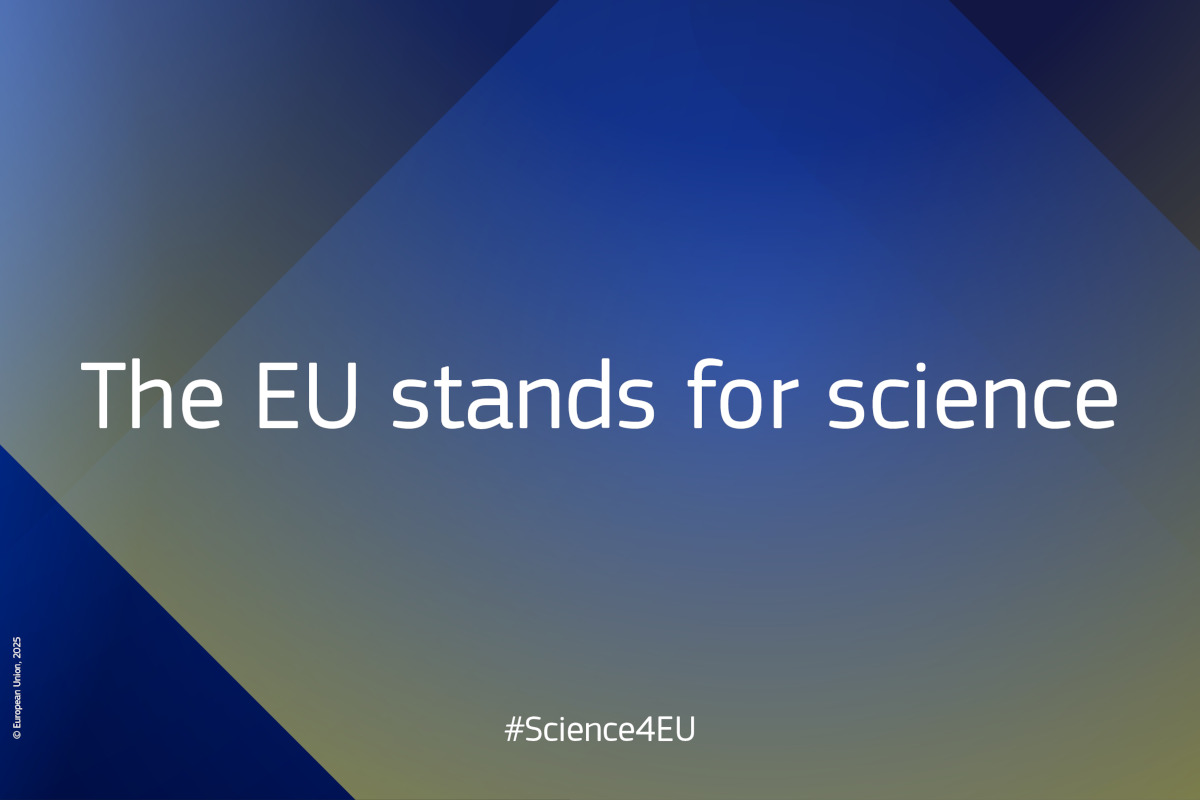From Mediterranean olive oil to Scandinavian fish, researchers are integrating digital technologies into Europe’s key food industries to crack down on counterfeit products.
Special series

Science4EU
The Science4EU campaign shows how the EU stands for science. It shines a spotlight on the scientists, researchers, and innovators working with EU support to improve our lives and shape a better future for everyone.
Do you also stand for science?
More stories

As cities face growing climate and biodiversity challenges, EU-funded researchers are harnessing the power of nature to create greener, healthier and more resilient urban spaces.
Most popular
-
1
-
2
-
3By Helen Massy-Beresford
-
4
-
5By Vittoria D’Alessio
Top videos
In the right circles: Europe’s cities and regions lead the green transition
2 June 2025
Researchers join hands to bridge gaps in digital education across Europe
28 May 2025
Past articles
Electronic systems are at the heart of new technology, and a partnership between the EU and industry aims to secure Europe's supply.
Europe has launched its biggest-ever telecoms satellite, and it includes some of the most sophisticated technology ever used for civilian purposes.
A mobile app that helps diagnose and treat sick children in remote parts of Malawi could have a significant impact on survival rates across the continent.
Europe’s skies will be cleaner and quieter thanks to a proposed partnership between the EU and industry. During the partnership, technologies will be developed to help cut noise and carbon dioxide emissions from planes by up to 30 %.
Citizen science is helping out where specialist researchers can't cope with the flood of data – and where computers can't match the human brain.
Europe’s agricultural by-products could be increasingly used to give people greener everyday commodities, such as oil-free vehicle fuel and bio-plastics, thanks to a planned multi-billion-euro partnership between the EU and industry.
Scientists at Concordia, Europe’s only permanent research station on continental Antarctica, saw their first dawn on Saturday after three months of continuous night.
The SESAME project aims to build the very first synchrotron particle accelerator in the Middle East. It just received EUR 5 million funding from the EU, and the new machine, which should be operational in 2016, is under construction in Jordan. It is an ambitious tool for science in the region… but also for peace.
International sea lanes and whales don’t mix, that’s why a group of researchers has worked out a way to keep the two apart, potentially saving scores of lives.
Zero emission vehicles could help reduce Europe’s carbon footprint, create jobs and preserve energy security if investment in an ambitious new energy partnership pays off.
As Europeans head to the beaches for their summer holidays, Horizon takes a look at the science of the Mediterranean.
Scientists are developing algorithms that can connect researchers across the world who have similar interests by scanning the content of academic papers.
Quantum computing could revolutionise science by offering a new way of solving complex problems beyond the scope of standard transistor-based computers.
A multi-billion-euro partnership between the EU and the pharmaceutical industry in Europe plans to target the top diseases, as identified by the World Health Organization (WHO), over the next decade.
A Mediterranean-style diet rich in fish, fruit and olive oil can help people live longer, and scientists believe this could be because of its effect on the bacteria in our stomachs.
A Mediterranean cruise might not sound like a typical day in the life of a scientist, but for researchers studying the effects of human activity on the environment, the sea has become an extension of their laboratory.
Scientists have managed to get paralysed rats to walk again, using a combination of chemicals and electrical stimulation, an achievement that might one day help wheelchair-bound humans.
Dr Tim O'Higgins, coordinator of the EU-funded KnowSeas project, based in Oban, Scotland, argues that implementation of the EU Integrated Maritime Policy will require a delicate balance between the use of Europe’s seas and conservation of the maritime ecosystem.
A third of a million Europeans get ill every year from diseases caused by contaminated water. Researchers now hope that smart biosensors can help them develop an early warning system that can prevent infection by raising the alarm long before contaminated floodwater reaches people’s drinking water supplies.
A Mediterranean-style diet rich in fish, fruit and olive oil can help people live longer, and scientists believe this could be because of its effect on the bacteria in our stomachs.





























